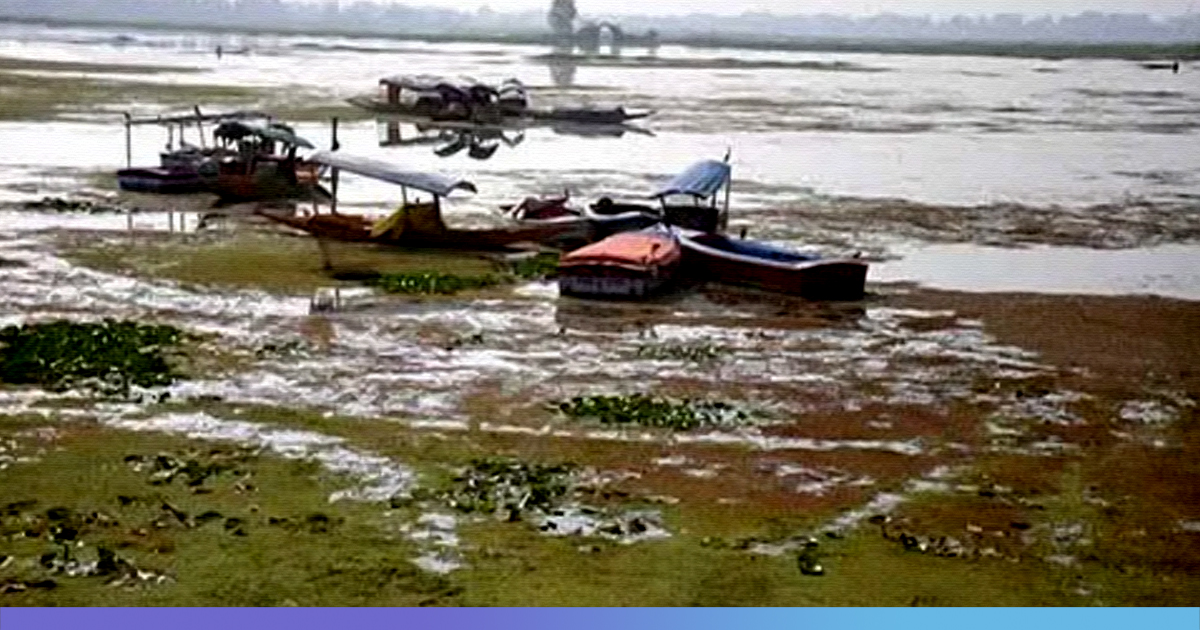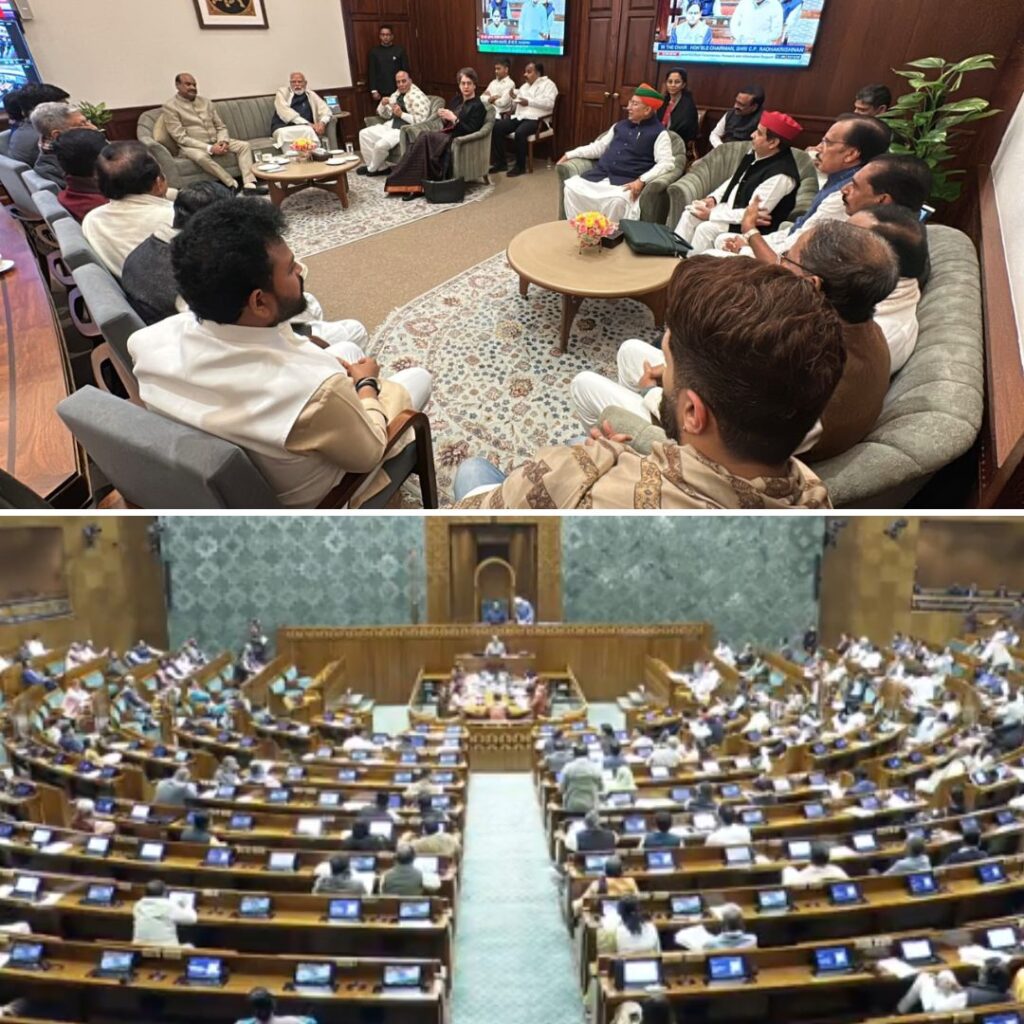Kashmir is often known to be the symbolic representation of heaven, beautifully painted with the enchanting delights of nature. Kashmir encompasses the beauty of noisy brooks and rivulets flowing with glorious majesty. The gigantic trees studded with the red leaves of Chinar, the humongous snow-capped mountains guarding the Valley. And, the breeze of fresh air, laden with the fragrance of varieties of trees, flowers and fruits.
However, the threat of illegal construction is now looming over the beauty of the Valley that has been kept away from the prying eyes of industrialisation.
According to a Jammu Kashmir News Service (JKNS) report, the green belt areas particularly around tourist spots – Dalgate, Nishat, Gupkar, Shalimar and others, have been significantly shrunken especially after the revocation of Article 370.
The sources in the JKNS report revealed that influential people are taking undue advantage of the sporadic shutdown and communication blockade in Kashmir. They are hiring labourers to materialise illegal projects in the wee hours and trying to finish them before a system is placed to monitor such activities.
“The government declared the green zone in the vicinity of the Dalgate and demarcated other strategic areas in Srinagar including Nigeen lake, Shalimar garden, and Nishat gardens. The location will fetch profits to these industrialists, and that is why they are furthering with their construction,” Bilal Bhatt, a journalist with told The Logical Indian.
Bhatt further mentioned that the Lakes and Waterways Development Authority (LAWDA) monitors and looks after the green belt zones. And, High Court of Jammu Kashmir has ordered to relocate people from 200 metres of the vicinity of the Dalgate.
As per JKNS sources, after New Delhi scrapped Article 370 and split the state into two UT’s – Ladakh and J&K, violators benefitted from the dissolution of administration and have raised scores of illegal shelters including residential houses, shopping malls and hotels in the interiors of green belt areas.
“After the abrogation of article 370, the authority is in shambles. Hence, illegal construction is happening rampantly in the fringes of the Dal lake. Kashmir is a host of rare species of flora and fauna, including migratory birds. This illegal industrialisation will surely be threatening to the rich biodiversity of Kashmir,” Bhatt added.
However, local authorities denied the charges and questioned the credibility of the report.
Speaking to The Logical Indian, Former Vice-Chancellor of the LAWDA Department, Irfan Yaseen said, “Some people go around these areas and feel like the trees have been cut. I don’t rely on the credibility of the report. Journalists sometimes try to taint and tarnish the image of the local authorities.”
The report of JKNS further disclosed that the workforce employed to complete the illegal projects around Dalgate have been compensated with a hefty amount to actualise the project after 9 pm and before 3 am.
According to sources, the encroachment around Dal lake has always been the bone of contention.
Over the past four decades, the lake that attracted many connoisseurs across the globe has shrunk from 25 sq km to 12 sq km. In 2009, the Union Government approved a ₹1,100-crore rejuvenation project for the lake. The amount was allocated for the relocation and rehabilitation of around 70,000 people living around Dal lake.












